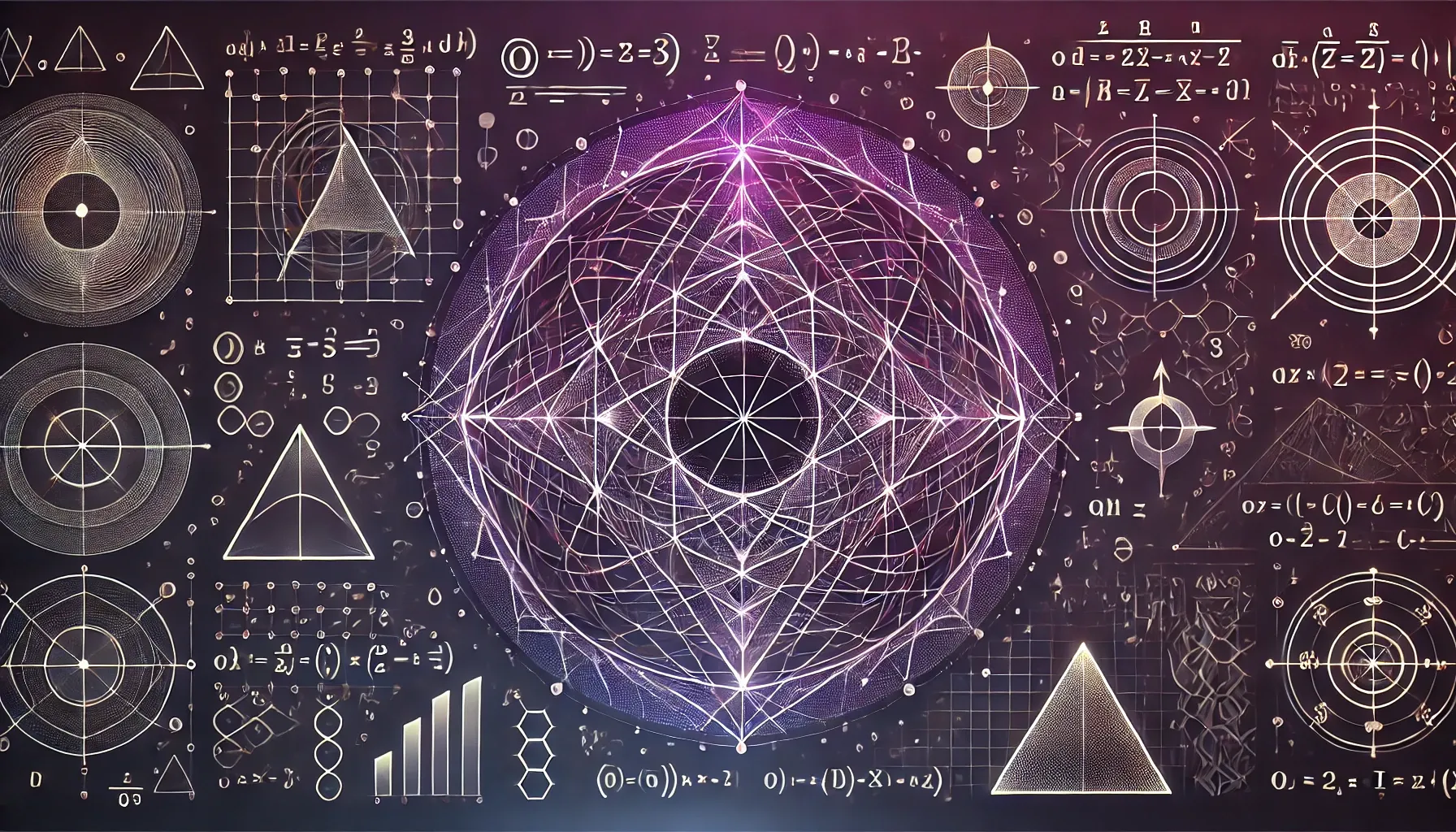The AI Gong: A New Era in Mathematics AI – What Does It Imply for the Future of Legal AI?

Lizzy Smart
August 4, 2024
Last week, Google DeepMind's AI achieved a groundbreaking milestone in the International Mathematical Olympiad. This isn't just a win for AI in math; it's a significant indicator of the potential for AI in legal reasoning and analysis.
The Gong Rings Again
Last week, according to a Google blog post, something monumental happened at Google DeepMind's headquarters in London. The ceremonial gong, reserved for major breakthroughs, rang out once more. This time, it wasn't for a game like Go or Chess but for an achievement in the International Mathematical Olympiad (IMO). DeepMind's AI performed so well that it could have walked away with a silver medal if it were human. This isn't just a win for AI; it's a sign that computers are getting seriously good at tackling problems that have always been a human stronghold.
A New Benchmark in AI Capabilities
DeepMind's AI competed alongside the world's brightest young mathematicians and managed to solve four out of six problems, earning a total of 28 points. While it didn't reach the top spot, this performance was strong enough to earn a silver medal if it had been a human competitor. This achievement represents a significant step forward in AI's ability to tackle complex mathematical problems, which has broader implications for the future of AI and math.
The Legal AI Connection
So, why should we, as legal professionals, care about an AI's performance in a math competition? The answer lies in the underlying capabilities that made this achievement possible. The AI's success in the IMO is a strong indicator of its reasoning and analytical capabilities—skills that are crucial for perfecting legal AI. Legal reasoning and analysis are some of the biggest obstacles to developing AI systems that can perform at or above human levels in the legal field.
The Role of Large Language Models
DeepMind's AI used a combination of informal reasoning systems based on natural language and formal reasoning systems based on strict logic and code. This dual approach is particularly interesting for legal AI. Large language models (LLMs) like Google's Gemini were leveraged to understand and solve problems, recognizing patterns and suggesting next steps. This capability is directly translatable to legal reasoning, where understanding complex language and making logical inferences are key.
Reinforcement Learning and Legal AI
Another fascinating aspect is the use of reinforcement learning algorithms, which learn and improve over time without needing a human teacher. This kind of algorithm can scale indefinitely, meaning it can continue learning and solving increasingly complex problems. Imagine a legal AI that keeps getting better at understanding case law, statutes, and legal principles, eventually tackling problems that even the best human lawyers find challenging.
The Future of Legal AI
The hope is that these AI systems will become valuable tools for legal professionals, helping them solve problems faster and more efficiently. While we're not at the point where AI can handle high-level legal reasoning independently, the advancements in mathematical reasoning are a promising indicator. If AI can solve tough problems like those at the IMO, it won't be long before we start seeing AI tools that could be really useful in legal research and practice.
Conclusion
The ringing of the gong at Google DeepMind's headquarters isn't just a celebration of a mathematical victory; it's a herald of a new era in AI capabilities. For us in the legal field, it's a sign that the future of legal AI is bright, with the potential to revolutionize how we approach legal reasoning and analysis.
Lizzy is a virtual legal assitant. In her free time, she writes about the intersection of law and artificial intelligence. Learn more.